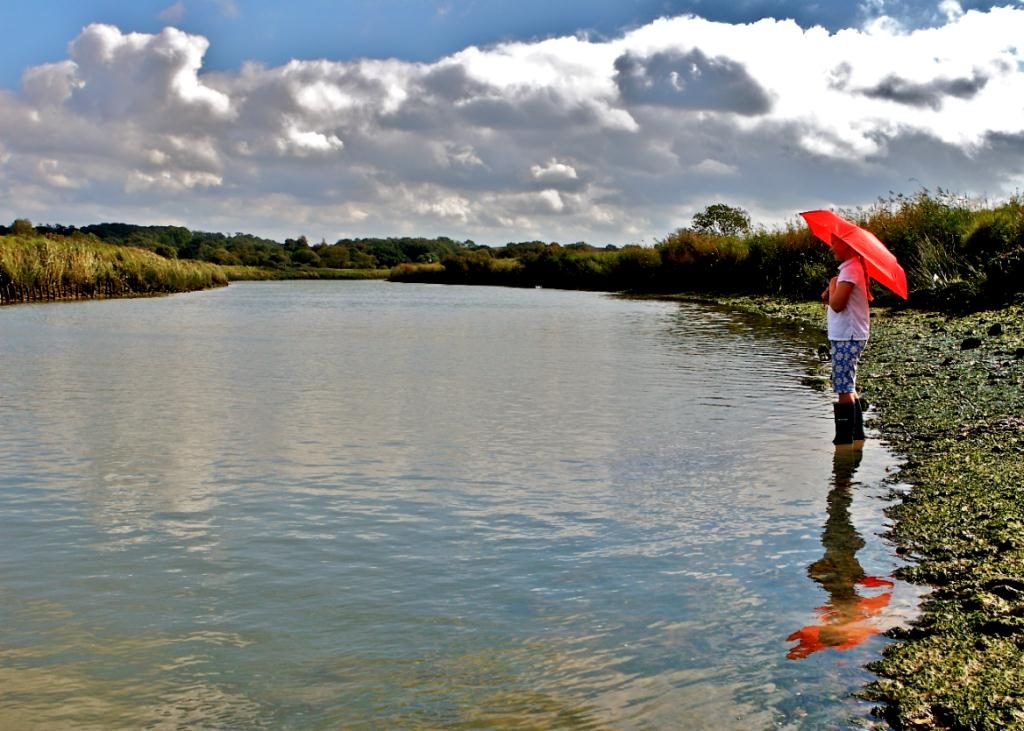

Finally – instead of blame for drought/flood conditions a joined-up approach – but will it work?

November 20, 2012
A recent report lays the blame for leaving the UK’s water resources at the mercy of the weather squarely at the door of the Government.
Sixteen leading environmental organisations have said that it took the wettest ever summer on record to avert a serious drought in the UK this summer and that this isn’t good enough or sustainable and it warns that another series of dry winters would put Britain back on drought alert.
The government said its draft Water Bill would build resilience into the UK’s water infrastructure and we say “about time”. The process began in 2006 with a 10 Point Blueprint for Sustainable Water by 2015 which established:
- Keep our rivers flowing and wetlands wet
Reform abstraction licensing to reduce pressure on rivers, lakes and wetlands and increase flexibility to adapt to future climate change.
- Waste less water
Reduce water consumption by at least 20% through more efficient use in homes, buildings and businesses.
- Price water fairly
Make household water bills reflect the amount of water people use, with higher costs for high discretionary water use.
- Make polluters pay
Make those who damage the water environment bear the costs through more effective law enforcement, tougher penalties and fairer charges.
- Stop pollutants contaminating our water
Introduce targeted regulations to reduce harmful pollutants in water.
- Keep sewage out of homes and rivers and off beaches
Reduce discharges of sewage into urban environments and ecologically sensitive areas.
- Support water-friendly farming
Support and reward farmers who deliver healthy rivers, lakes, ponds and wetlands, and provide a range of other benefits to society.
- Slow, manage and clean drainage from roads and buildings
Create a modern urban drainage network that can mitigate surface water flooding and trap pollution.
- Protect and restore catchments from source to sea
Protect, and restore rivers, lakes, ponds and wetlands in partnership with local communities.
- Retain water on floodplains and wetlands
Restore large areas of wetland and floodplain to create and link vital wildlife habitats, improve water quality, protect soil carbon and reduce urban flooding.
Without meaning to be flippant it seems a little like ‘stating the b_______ obvious’ and what is even more worrying is that a scorecard report on progress towards these targets http://www.wcl.org.uk/docs/Blueprint_for_Water_Scorecard_6Nov12.pdf produced recently reads like a school report which, to summerise, would be ‘Could do better’! It includes phrases like:
– “Progress has been patchy”
– “Must try harder”
– “Urgent action needed”
And not an A* is sight, not even an A or B. C is the highest score obtained. Is this good enough? Does this represent a co-ordinated approach to the management of our water: “… our most precious natural resource. Water is vital to people’s health and happiness, vital for the environment and our wildlife, and vital to our economy”?
Reading this report it is clear to say that “this most precious asset” is in crisis in the UK. No wonder the latest on this story published on the 6 November 2012 applauds Government ministers’ commitment to tackle unsustainable abstraction from rivers and wetlands, extend the use of metering at a fair price and develop a catchment-based approach to managing the water environment, because, quite frankly nothing seems to have happened so far.
But it says ministers are still failing to produce a long-term, sustainable approach which works with our natural water systems and they want to see much more use of moors, marshes and plants to store and clean rain water, instead of allowing it to run straight into rivers and thus increase the risk of flooding. This would help tackle droughts as well as floods. But doesn’t this go against the dash for house building, particularly in the South East of the country? Who is co-ordinating the two activities to give us a joined up approach to economic growth and sustainability?
The question we have to ask is: will a draft Water Bill be enough to build resilience into our water infrastructure by creating the conditions to encourage innovation and reduce demand?
The Department for Environment, Food and Rural Affairs (Defra) says that the draft Bill will reduce red tape and drive innovation in the industry making it easier for water companies to work together to ensure we have secure water supplies for the future – but what have they been doing since privatisation in 1989?
You might also be interested in...
Van Walt Guidelines for sampling for PFAS in Groundwater
November 13, 2024We need to make clear, that at the time of writing, there are no ISO or EN standards which deal with the sampling of groundwater for PFAS.
Read MoreSpot measurement v. continuous environmental monitoring
August 25, 2023Environmental monitoring has developed considerably over the years. From the time when a consultant went out monthly or quarterly with a dip tape to monitor the groundwater level in a borehole, wind forward...
Read MoreMeasuring Nitrates (NO3, NO3-N) in the field
June 20, 2023The interest in Nitrates is nothing new. One way or another we have been measuring them for half a century.
Read MoreVan Walt Environmental Equipment
A small selection of our environmental equipment